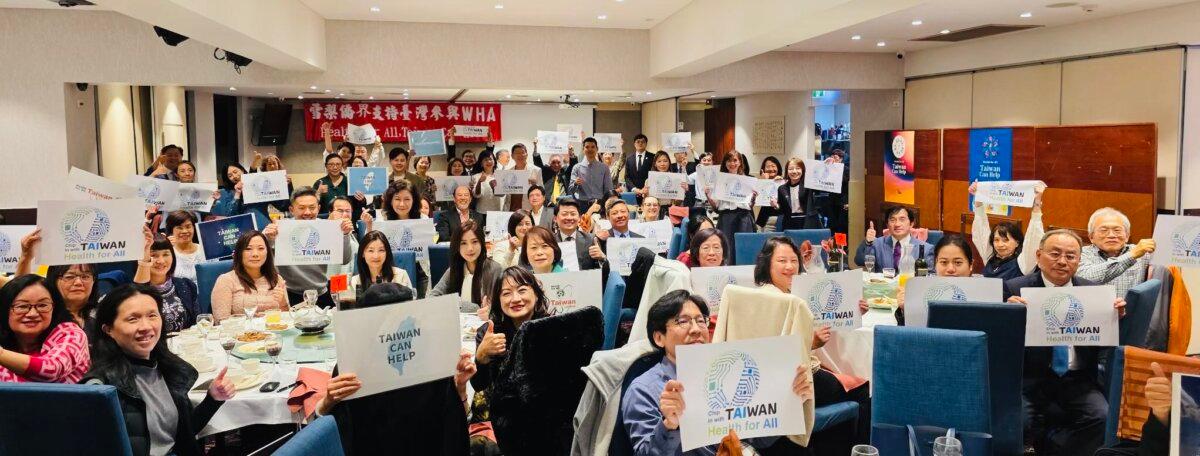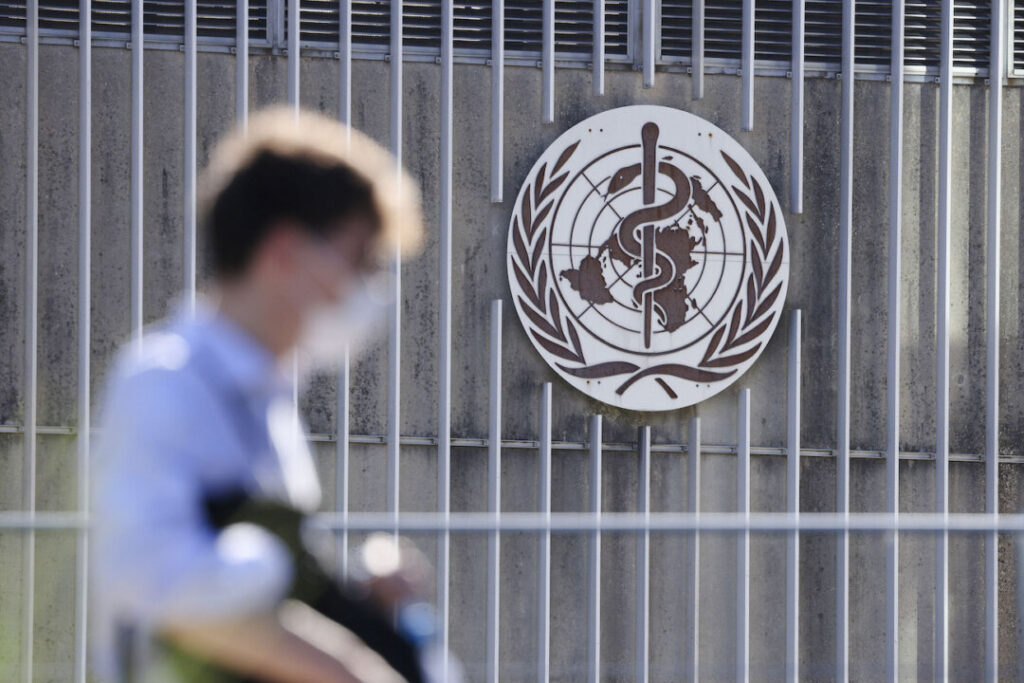Taiwan is prevented from participating in the WHO due to the continued distortion of UN Resolution 2758 and WHA Resolution 25.1.
Explanation
Under the international situation in which the US raises tariffs and the deadlock of the Russian-Ukraine ceasefire agreement, the US criticized the unprecedented criticism of the Communist Party of China (CCP) of UN Resolution 2758 for the first time at a meeting of the UN Security Council, emphasizing that the resolution does not exclude meaningful participation in the UN system and other multilateral countries.
Last year, the Australian Senate and the Legislative Council of New South Wales each rebutted the misconceptions of UN Resolution 2758 in Beijing, and passed allegations that they would support Taiwan’s right to participate in UN agencies and other international organizations.
Furthermore, at the 77th World Health Parliament in May 2024, Minister Australian Health Mark Butler recognized the importance of working with all partners, including Taiwan.
He pointed out that health is a human right shared by everyone, regardless of gender, age, sexual orientation, ethnicity, religious beliefs, economic status, or ability.
Australia has not only substantial bilateral relations with Taiwan in a variety of areas, but has long supported Taiwan’s meaningful participation in international organizations and conferences.
As a major health insurance country, Taiwan launched the National Health Insurance (NHI) system in 1995. The scheme has reached its 30th year and now covers 99.9% of the population.
Taiwan has been the first to rank in the Healthcare Index category for the seventh consecutive year in an annual survey conducted by Numbeo.
To further promote the health of our people, Taiwanese President Rai Qingte clarified his vision for a healthy Taiwan in 2024. This aims to ensure that people are healthy, the nation is strong and the world is ready to accept Taiwan.
We released our global strategy for digital health in 2021 and 2020 to 2025. Under this plan, health organizations around the world are calling for the development and adoption of people-centered digital health solutions to prevent, detect and respond to infectious diseases.
It also oversees the development of infrastructure and applications to use health data to promote health and well-being.
Taiwan continues to use its information and communications technology skills to build effective, high-roy health systems and services.
The NHI Cloud promotes more efficient medical record exchange, but the adoption of international standards such as high-speed medical interoperability resources will enhance international health data sharing.
Furthermore, despite facing political challenges, Taiwan is continuing to participate in international health issues and is dedicated to supporting the global health system.
During the Covid-19 pandemic, Taiwan has played an important role in sharing supplies, strategies and experiences, and has proven to be a trusted partner in countries around the world.
Separately, Taiwan’s success stories in implementing Universal Health coverage provide valuable lessons to countries around the world.
As we continue to share our experience in universal coverage, financial management and digital health, we hope to encourage other countries to achieve WHO’s universal health insurance goals.
In this rapidly changing age, health challenges transcend borders, and global cooperation is becoming essential to deal with a variety of health crises.
However, Taiwan is prevented from joining the global health cooperation organization WHO due to the continued distortion of UN General Assembly Resolution 2758 and World Health Parliament Resolution 25.1.
None of these resolutions mention Taiwan or declare it to be part of the People’s Republic of China. Therefore, these resolutions do not have the power to award the PRC the right to represent Taiwan at the WHO.

Courtesy of David Cheng-Wei Wu
In light of this and to maintain the core values of inclusion and universality, we urge anyone and all relevant parties to acknowledge Taiwan’s substantial contribution to human rights to global public health and health.
It is essential to adopt a more open-minded approach, demonstrate flexibility and adhere to the principles of professionalism and inclusion.
As a matter of pragmatism, we need to participate in the World Health Assembly and the WHO conferences, activities and mechanisms, and in particular all WHOs related to the WHO Pandemic Agreement.
Taiwan seriously hopes to work with the international community to create a future of borderless health that realizes the fundamental human rights to health as defined by the WHO constitution and its vision of no one leaving the UN’s Sustainable Development Goals.
The views expressed in this article are the views of the authors and do not necessarily reflect those of the epoch era.



